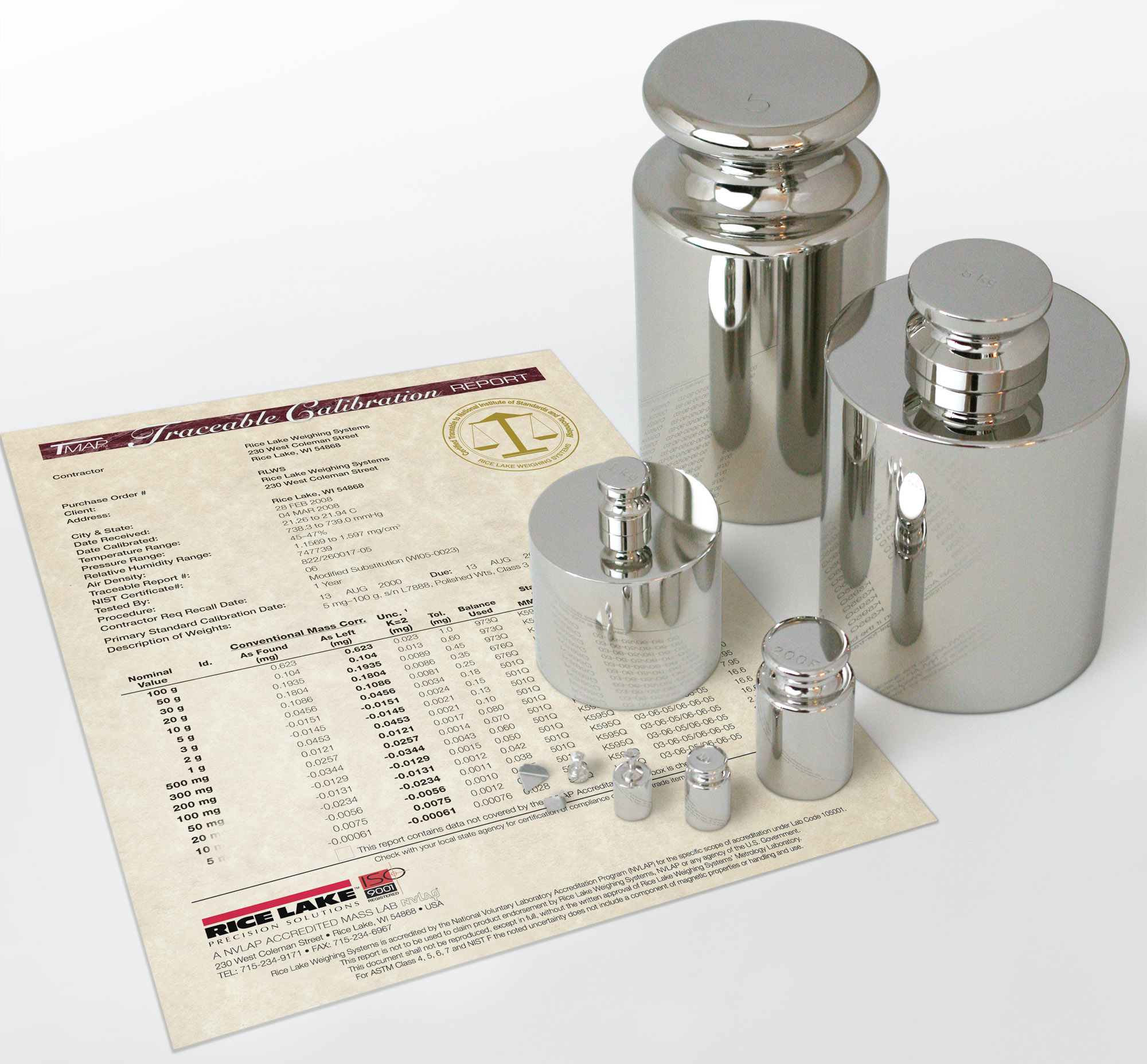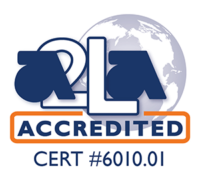
When you purchase a new scale, it needs to be calibrated for use. Without calibration, the scale is just showing numbers on a display. Scale calibration ensures that the numbers on the display correlate to the actual amount of weight on the scale.
Some scales may first require assembly and configuration prior to scale calibration. That’s a different topic. For the purpose of this article, I’m assuming we’re working with a scale that is fully assembled and configured for use. We’re only considering what kind of calibration is required.
Generally speaking, there are three types of calibration that can be secured with a new scale.
Factory Calibration or Factory Matching
Most scales that are purchased online arrive in the box “factory calibrated” or “factory matched.” This means that the scale has been physically or theoretically calibrated at the factory. For most common uses, this level of scale calibration is sufficient. By “common uses” I mean checking shipping weights for in-house monitoring of bulk materials or disposal of scrap or waste— especially for low-cost materials. Factory calibration is “close enough” to get the job done. Even if the scale is off a little bit, no one really cares.
Commercial Use Calibration (Legal-for-trade, or Handbook 44)
If the scale is being used in a “commercial” application, the scale calibration requirements change. By “commercial” application I mean that money is exchanging hands on the basis of the product weight. For instance, a common “deli scale” weighs a pound of lunchmeat and is sold to the customer on the basis of that weight; that’s a “commercial” scale.
Before buying a new scale, it is very important to determine whether or not it will be used commercially or not. A commercial scale must be approved by the National Type Evaluation Program (NTEP), thus having a Certificate of Conformance (CC or CoC) number assigned to it. That number is usually listed on a metal plate or tag somewhere on the scale along with the Make, Model, and Capacity information. Also, state law requires a new commercial scale to be “placed into commercial service;” this is the responsibility of the scale owner or the professional scale company hired by the owner to install the scale.
After a scale has been “placed into service,” the scale calibration will be inspected periodically by a state Weights and Measures inspector. He will look for two things: 1) Does the scale have a “CC” number, and 2) does the scale perform to “Handbook 44” calibration tolerances. Handbook 44 is a scale calibration standard written by the National Institute of Standards and Technology (NIST). It prescribes procedures and allowable performance tolerances for all types of commercial weighing devices. Local professional scale service companies (like Bitterman Scales LLC of Lancaster, PA) have technicians that are registered with the state. They are authorized to test and calibrate scales to meet Handbook 44 tolerances and notify the state that a new commercial weighing device is being placed into service.
Custom Industrial Compliance
The third level of scale calibration is one that is designed to meet an industrial standard set by an individual business, industry, or governmental entity. The Standard prescribes a testing procedure to be followed and/or an acceptable accuracy tolerance. The Standard will usually stipulate the type of documentation required— a Calibration Report or Certification Letter— so that the scale owner has proof of the scale’s performance. Calibration Reports are generated to document the testing procedure, results, and whatever else the End Client needs to document (e.g., the serial numbers of the NIST Traceable test weights used in the scale calibration).
SUMMARY
There are a variety of scales designed for a variety of applications. They can perform to a variety of standards and require any one of a number of scale calibration documents. Your new scale may only need basic “factory calibration” with no additional documentation whatsoever. Then, again, you may be required to comply with the state’s commercial weighing laws or document weighing performance to comply with a custom industrial standard. A local professional scale calibration company, like Bitterman Scales LLC, can help you decide on the type of calibration you need, and can provide the calibration services and documentation you require.

